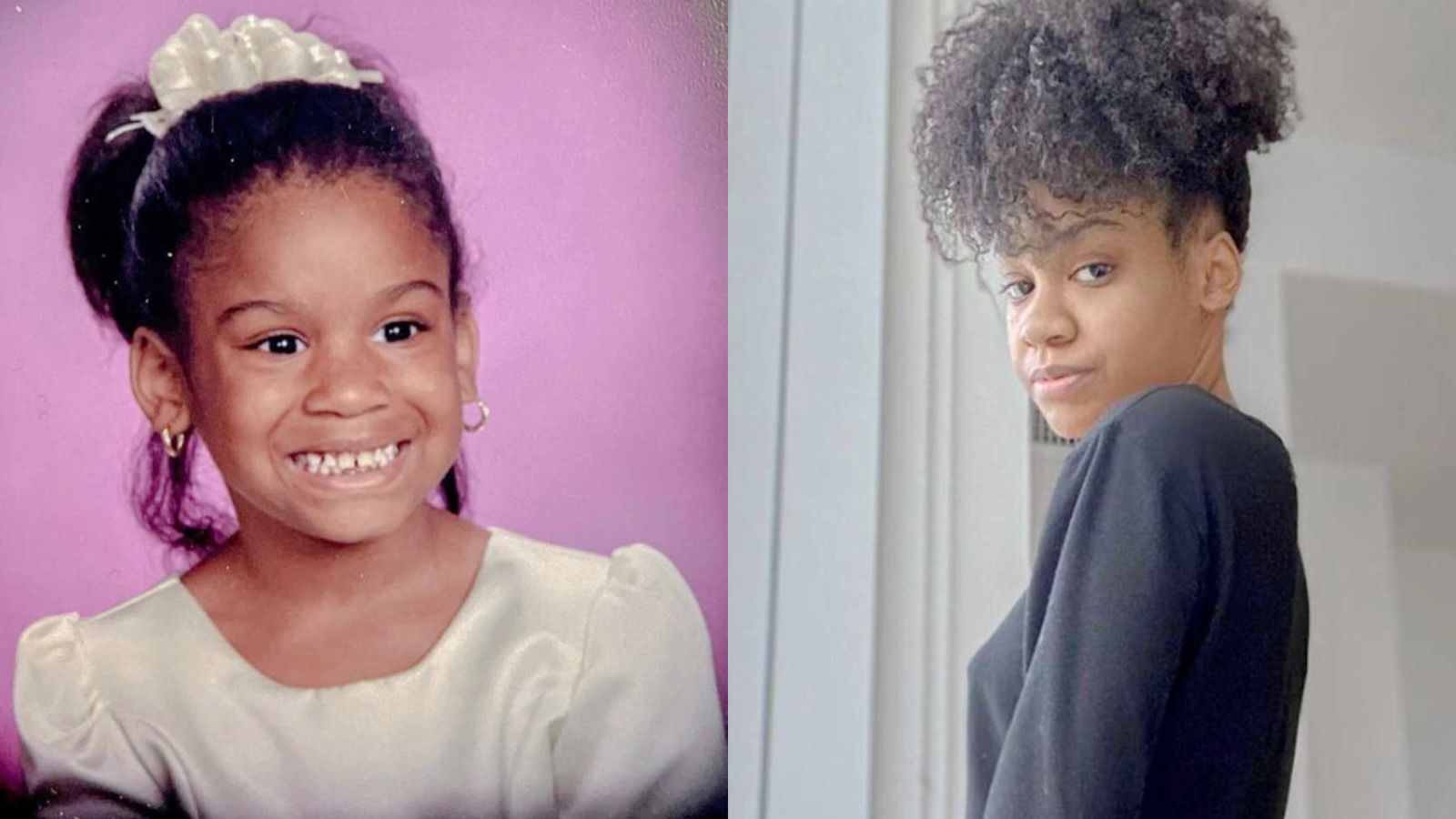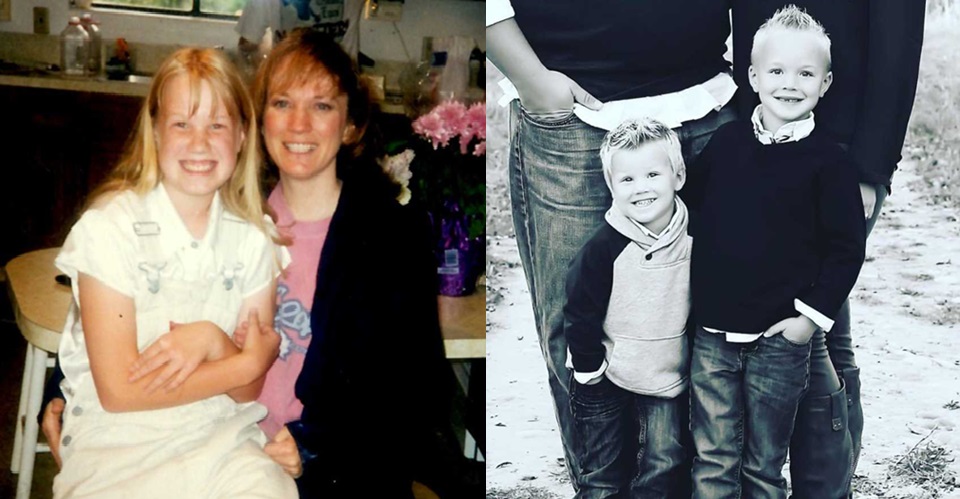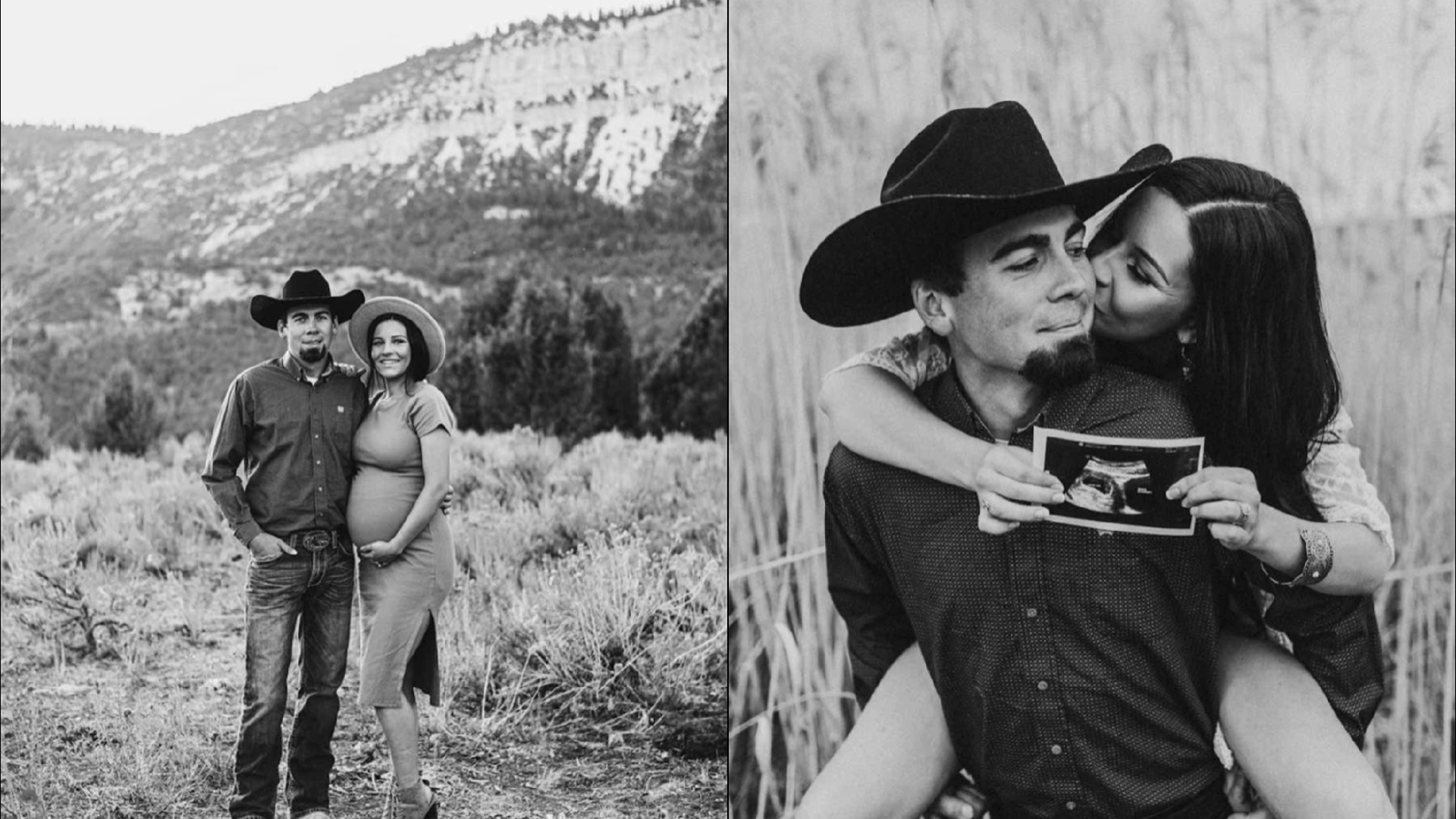My name is Zora Voyce, and I was born with HIV on January 10th, 1997. Growing up, I often felt like an outsider in the HIV community because most people only think about HIV in terms of sexual transmission. I wish people understood that HIV is an immune system condition, like many others, and that it can be managed.

HIV is now easily controlled with antiviral medicine. These medicines stop the virus from taking over my immune system and prevent it from replicating. but taking so much kill your immune system ability to recover yourself by multiple infection. When someone like me is undetectable, HIV cannot be passed on to others, and my immune system works properly. It sounds simple, but when I found out I had HIV at age nine, it didn’t feel that way. I wasn’t upset for myself, but I could see how worried my family was.

My mother decided to tell me about my diagnosis because I kept asking why I had to take medicine and when it would end. My whole family specially my mom was so worried over my health issue she was hopeless. I can still see the fear and hopelessness in her eyes as she told me, “I don’t know.” Taking my medicine never felt normal. I had to do it in secret, quickly, and act like nothing happened. It became our little secret, and I didn’t fully understand why at the time.

The day I was told I had HIV, multiple doctors and my mother brought me into a hospital room to explain it.my doctor was telling to my mom that it’s a serious case but we will try our best to make him health and back to live so you need to be stay strong. The tension in the room was high. It felt like the diagnosis affected everyone else more than me. I questioned if I was supposed to feel fear and sadness the way they did, and I worried about what my future would look like.
For years, I struggled internally. Should I feel how others expected me to about HIV, or should I trust my own feelings? The HIV narrative didn’t fit me. Society often links HIV to sexual behavior, shaming people for their sexuality. But I got HIV in a different way, and I didn’t see myself in that story. I realized the conversation around HIV wasn’t really about health, it was about controlling people’s sexuality.

Our society often shames natural sexual feelings. Sex is treated as something to fear, and sexually transmitted infections are used to control us. Yet most of these infections aren’t only transmitted sexually. The stigma keeps people silent, making it harder to talk about sexual health, use contraception, or enjoy fulfilling sexual lives. I’ve experienced this myself when visiting clinics, being made to feel ashamed for seeking care.
I’ve learned that society often works against us, teaching us to hate parts of ourselves. But I’ve learned to love myself, including my sexuality. Being HIV positive doesn’t change the fact that sexual expression is natural and vital. I need to express myself and connect with others. Our feelings are valid, and embracing them makes us better as individuals and as a society.

I’m an HIV-positive woman who is non-monogamous. I do this because I won’t suppress my sexual feelings or emotional needs. I see sexuality as a beautiful, natural part of being human. Society may not fully understand this yet, but I live my truth.

You might wonder if it’s hard to find partners who accept my HIV status. But only I can be safe by expressing my sexual feeling to my partner but I was broken that who gonna accept me in this condition. The truth is it’s not. Sexual desire is a natural human drive, and people will connect with who they feel safe and compatible with. Being open about my status allows others to trust me, and that makes me a desirable partner. Only people who are struggling with their own acceptance will react negatively, and I hope one day they will learn to accept themselves.

Living openly with HIV has taught me the value of honesty, self-acceptance, and connection. It’s not always easy, especially in a world that teaches shame, but being true to yourself is worth it. I want everyone to embrace who they are fully. Expressing yourself honestly not only helps you, it inspires others to do the same.











